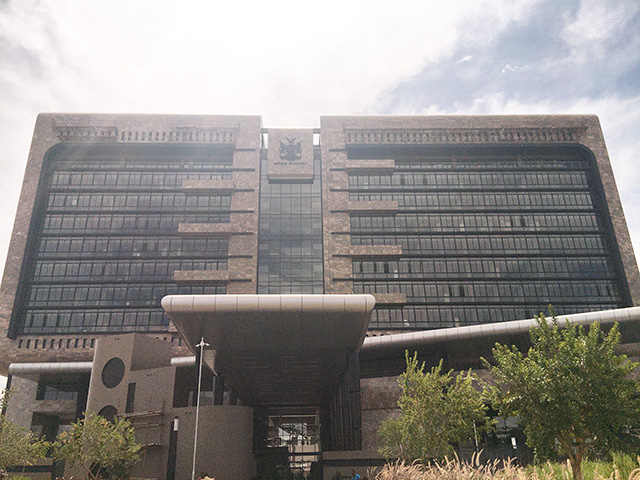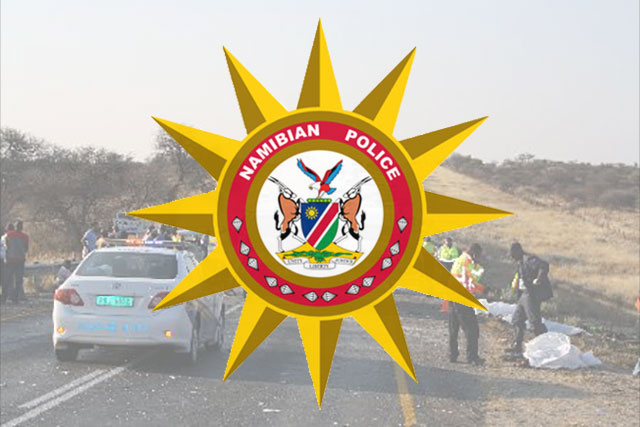WITH all Ministry of Home Affairs, Immigration, Safety and Security services now housed in one building, the wait, sometimes for hours, to apply for and collect national documents seems to be something of the past.
With all services housed at the new N$800 million home affairs headquarters in Windhoek, Namibians no longer need to travel between the two home affairs offices (in the capital’s central business district and the Northern Industrial Area) to obtain national documents, which could amount to a costly exercise.
Service delivery seems to have been revamped, since the queues at different tellers in the new building are relatively short and applicants say they are assisted faster than in the past.
The new building also houses a small police department where documents can be certified and declarations made.
Departments are well structured and specialised, meaning one counter deals with one type of request only.
At the new building’s entrance, a public relations department assists with information on the required documents for specific services.
The processing of ID cards and passports is done under one roof and is completed within three to four days.
Screens in the building display the contact details of departments to which bribery and corruption can be reported.
Selma Iyambo, a resident who this week applied for a Namibian passport, said the headquarters’ service delivery is more efficient than that of the previous two offices.
“In the past you would be sent back and forth between the two offices, which cost money and time, but now everything is done in one building,” she says.
“The fact that there are police officers in the building to help certify copies makes the whole process smoother,” she says.
Victor Nghifikwa, who visited the headquarters to apply for a duplicate of his ID card, said he was at the building at 08h00 and did not wait long to be assisted.
“The service delivery here is fast and not stressful,” he said.
Nghifikwa said officials are available to direct visitors to the right counters, saving time.
“In the past, one would stand in the wrong queue and when you reached the counter, you were told to move to another queue,” he said.
He said he had to pay N$150 for a duplicate of his ID card.
“I can’t complain. It was my mistake losing my ID card, and I want to tell the public to look after their documents,” he said.
Victoria Wakayala last week visited the building to apply for her grandchild’s birth certificate.
She said she was surprised by the quality of service delivery.
“I was told to join the birth certificate queue by a friendly officer. I did not stay long, and I got my grandchild’s certificate,” she said.
UNCOLLECTED ID CARDS
Ministry spokesperson Magaret Kalo says the new headquarters has reduced congestion.
She says the new building is spacious enough to accommodate all services.
“We processed the identity documents at the Northern Industrial Area office, but currently we are processing them here. The new cards allow Namibians to engage with neighbouring countries and can be used as travel documents,” Kalo says.
She says they do, however, experience ID cards piling up as applicants do not collect them in time.
“We have informed people through the media to come and collect their ID cards. We have said ID cards can also be delivered to applicants in their regions. We have about 52 899 uncollected ID cards,” she says.
Short queues are, however, not always guaranteed, she says, as the building is abuzz early morning, and late afternoons.
“It depends on the peak of the day. But the pressure is reduced on officials,” she says.
Stay informed with The Namibian – your source for credible journalism. Get in-depth reporting and opinions for
only N$85 a month. Invest in journalism, invest in democracy –
Subscribe Now!







